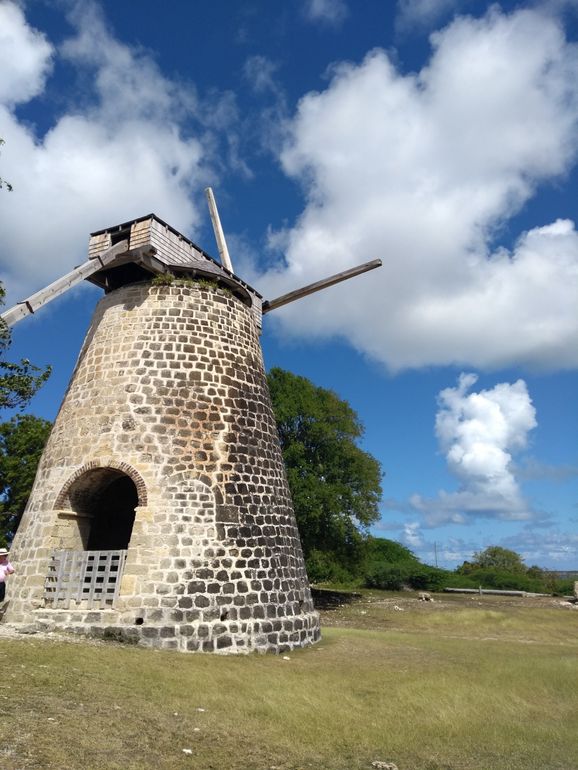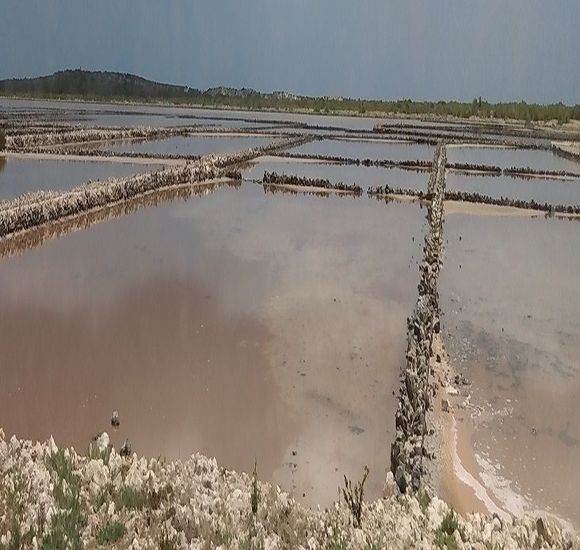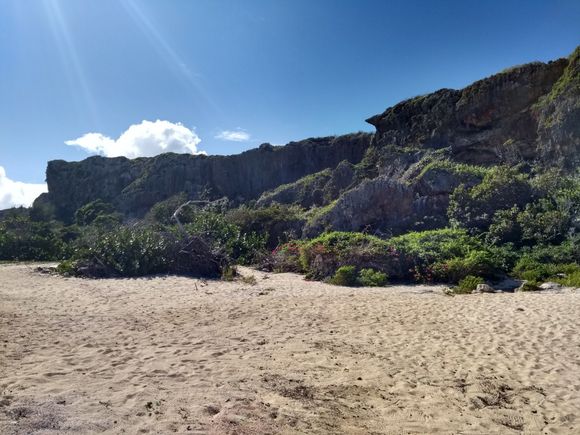WHAT I DO
WHAT I DO
Research and Advice


With many years working on books and publications on controversial problems in Caribbean law, I have a sound understanding of land law issues. Along the way, I have also developed experience in general law issues that recur in the Caribbean - especially the problems of the reception of common law and the reception of English statute law. I have given presentations and written practical advice on these issues - for example, a report to an Attorney General on the application of the Colonial Laws (Validity) Act to a problem, and an opinion on a technical aspect of the reception of law in Montserrat.
It is useful that I have extensive knowledge of the historical development of land laws, so I can recognise and assist with issues that are based in ancient English common law that cannot be found in modern textbooks. I have used this knowledge to help in resolving practical disputes concerning all manner of land law issues: rules against perpetuity, abandonment of easements, escheat, etc.
The standard Registered Land Act found in most Caribbean islands is my specialist area. I bring a technical knowledge of Caribbean land registration that is second to none. I have a profound knowledge of the draftsman’s reports and policy committee decisions that generated it. I studied the underlying preparatory materials that originated in informal working parties in Sudan, Kenya and Lagos in the 1950s and 1960s. I am also well versed in the even earlier ideas circulating in mid-nineteenth century England, Australia and British Honduras. These are invaluable sources. They are of direct use in interpreting and applying the modern statutory provisions. I have used them to help resolve questions on rectification of the land register, what can be protected by a caution, how unregistered rights are handled, whether registration blocks recovery of misappropriated crown land, any many other issues.
Over years of analysing Crown land, I have built up a specialism in this area too. It is full of difficulties: who should benefit from it, what duties are owed by government officials, what should happen to the proceeds of sale, how its use should be regulated, how officers should comply with restraints on dealings, how corrupt dealings should be unravelled, what happens about recovery, how the law differs from private land. These questions can affect not only residential and commercial plots but also roads, foreshore and seabed. I have offered tailored guidance on all of these issues.
Law Reform
Law reform isn’t simple. It needs a really solid grounding in the old law which will be changed, and rooted in study of the current legal position. It also requires a grasp on what makes good policy. It requires a familiarity with what has worked in other countries and in other contexts. It demands a systematic legislative structure which will create a seamless coherent system. I have the technical knowledge and experience of law reform projects to manage these challenges.
My understanding is bolstered by a familiarity with registration systems throughout the world: Australian states, New Zealand, Malaysia, Kenya, Nigeria, Tanzania, Canadian provinces. I also spent time studying the German and Dutch systems. This gives me a great basis for my reform work with governments and land registries.

Guidance

I have worked with institutions to develop guidance on administration of land. Land registries have benefitted from the written materials which I have developed in conjunction with them, coupled with face-to-face advice on putting them into operation. I’ve done this on specific matters (e.g. a review of case law on partition to develop internal guidance on the principles to be applied in registrar hearings). And I have done this with a comprehensive general review of the internal procedures of a Caribbean land registry in order to meet updated administration and digital processing needs.